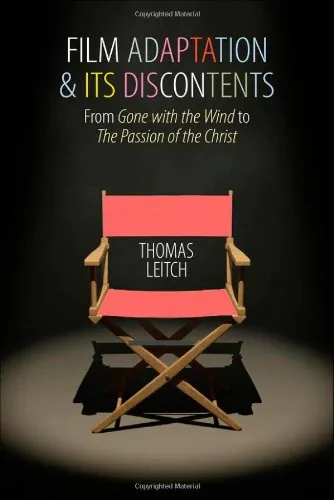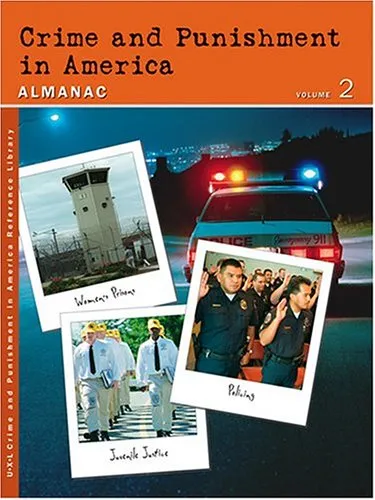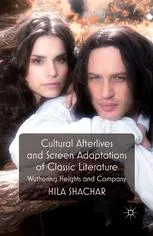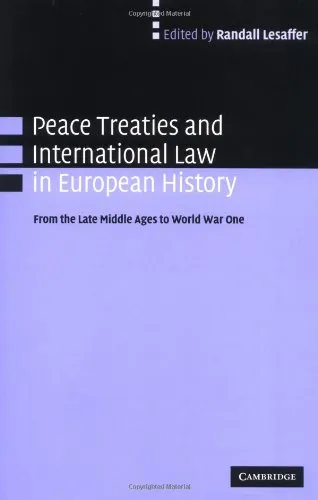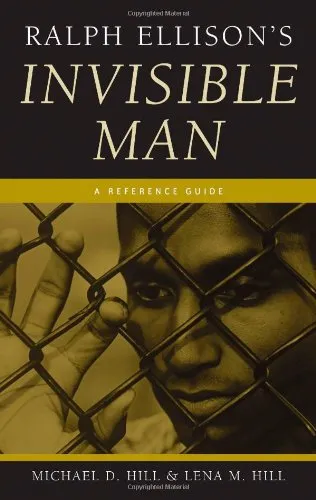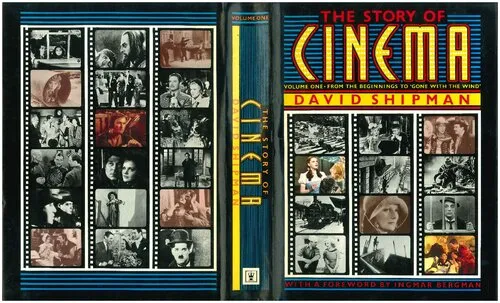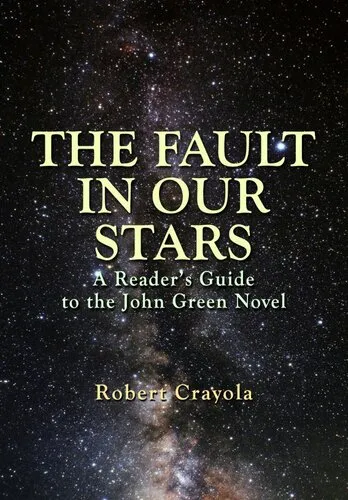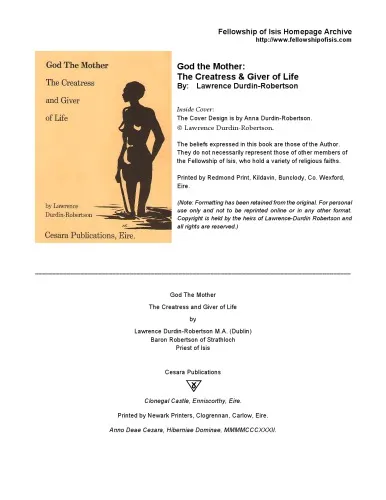Film Adaptation and Its Discontents: From Gone with the Wind to The Passion of the Christ
3.8
Reviews from our users

You Can Ask your questions from this book's AI after Login
Each download or ask from book AI costs 2 points. To earn more free points, please visit the Points Guide Page and complete some valuable actions.Related Refrences:
Introduction to 'Film Adaptation and Its Discontents: From Gone with the Wind to The Passion of the Christ'
Film adaptation has long been a captivating subject as it leverages source material to create a visual storytelling experience. 'Film Adaptation and Its Discontents' delves into this transformation, examining the art and complexity inherent in adapting literature to film. Thomas Leitch invites readers to explore the nuances and discontents embedded within this creative process.
Detailed Summary of the Book
Thomas Leitch's 'Film Adaptation and Its Discontents' offers an in-depth analysis of the intricate relationship between literature and film. Traversing through iconic adaptations such as 'Gone with the Wind' and 'The Passion of the Christ,' the book takes a critical stance on the often contentious dialogue between originality and adaptation. Leitch challenges conventional notions by questioning the fidelity-oriented approach that dominates adaptation criticism.
The book meticulously examines why some adaptations succeed independently, while others remain perpetually tethered to their source material. Moving beyond simplistic theories of fidelity, Leitch addresses broader issues such as the cultural capital of literary works, the cinematic potential inherent in narratives, and the transformation of texts across media. This intricate examination provides readers with an understanding of adaptation as both a creative and critical enterprise.
Key Takeaways
- Adaptation is more than mere translation of a text to a screen; it's a complex reinterpretation that involves negotiating cultural and artistic values.
- Fidelity to the source material is not the ultimate measure of an adaptation's success. A more fruitful approach considers the unique languages and constraints of both literature and film.
- Cinematic adaptations often prioritize narrative and visual potential over strict adherence to the source material’s plot or structure.
- The commercial and critical trajectories of adaptations reveal societal values and the dynamics of cultural exchange between media.
- Adaptations can achieve legitimacy and even surpass their source material by leveraging new narrative possibilities and audience engagement.
Famous Quotes from the Book
"Adaptation is less a matter of faithfulness to the source text than of finding a way to make the adapted work live on its own terms."
"The discontents of adaptation reflect the challenges and opportunities inherent in translating imaginative works across media."
Why This Book Matters
'Film Adaptation and Its Discontents' is an essential read for scholars, cinephiles, and anyone interested in the intersection of literature and film. The book offers groundbreaking insights into the adaptation process, moving beyond reductive fidelity frameworks towards a more nuanced appreciation of cinematic storytelling. Leitch's work underscores the value of adaptation as a vital cultural practice that reshapes narratives for changing audiences and media landscapes.
By exploring rich case studies and leveraging a critical lens, Thomas Leitch makes a compelling argument for reimagining adaptation theory. This book challenges readers to reconsider what makes an adaptation succeed, urging a departure from traditional views toward embracing the innovative contributions of the cinematic medium to narrative art.
Free Direct Download
You Can Download this book after Login
Accessing books through legal platforms and public libraries not only supports the rights of authors and publishers but also contributes to the sustainability of reading culture. Before downloading, please take a moment to consider these options.
Find this book on other platforms:
WorldCat helps you find books in libraries worldwide.
See ratings, reviews, and discussions on Goodreads.
Find and buy rare or used books on AbeBooks.
1525
بازدید3.8
امتیاز0
نظر98%
رضایتReviews:
3.8
Based on 0 users review
Questions & Answers
Ask questions about this book or help others by answering
No questions yet. Be the first to ask!
